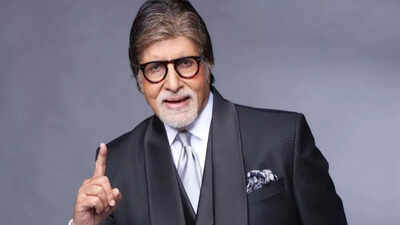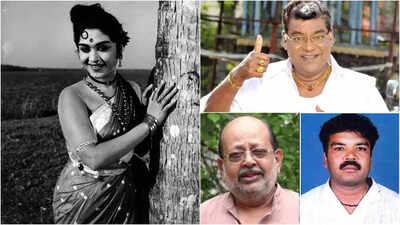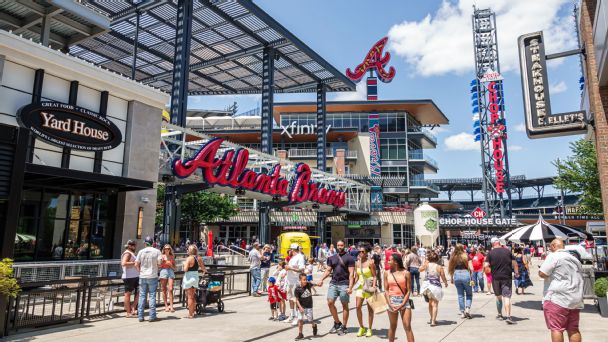LAS VEGAS — Speaking after the NBA’s board of governors discussed the topic of expansion at meetings this week, commissioner Adam Silver said Tuesday that the dialogue about whether to potentially add teams to the league will continue with additional research.
“A lot of analysis still needs to be done and nothing’s been predetermined one way or another, and without any specific timeline,” Silver said in his opening remarks. “We’re going to be as thorough as possible and look at all the potential issues.”
Silver said that process would be led by two existing subcommittees of the league’s governors, the combination of the advisory finance committee — which has primary jurisdiction over expansion — and the audit and strategy committee, focused on financial elements. Last month at the NBA Finals, Silver said expansion “will be on the agenda to take the temperature of the room.”
On Tuesday, Silver said there was no straw poll taken on the issue or taking sides by owners. He described the tone as one of “curiosity.”
“A consensus quickly formed that the league office should do the work,” Silver said, “and work with these particular committees and the board and present that analysis.”
Although that conversation hasn’t tangibly moved closer to potentially awarding teams, Silver described the latest update as “a significant step.”
“We’re now engaging in this in-depth analysis, something we weren’t prepared to do before,” Silver said. “But beyond that, as I said, it’s really day one of that analysis. In terms of price, potential timeline — too early to say. And again, I think that also assumes the outcome of this analysis. It is truly a complicated issue.”
Next steps in that analysis, per Silver, include looking at specific markets and investigating the facilities in those markets and the “appetite” in those markets. Other factors Silver cited as worthy of study are the long-term effects of splitting leaguewide revenue — particularly the league’s national TV deals — an additional two ways, which he has compared to selling equity in a business.
Silver also pointed to the basketball impact of filling two additional rosters and highlighted the uncertainty about the future of local TV deals for teams.
“We would be malpracticing if we didn’t figure out how local regional television is going to work before expanding,” Silver said. “The notion that we would hand over a team into a city where we’re not currently operating and say, ‘You’re going to have to figure out how you’re going to distribute your games to your local fans’ doesn’t make sense.”
The NBA last expanded in 2004, when the league added a franchise in CharlotteNorth Carolina, after the Hornets moved to New Orleans. Before that, the NBA added six teams in a seven-year span from 1988 through 1995. Bringing a franchise back to Seattle to replace the SuperSonics, who moved and became the Oklahoma City Thunder in 2008, is a potential outcome of expansion. Silver called Seattle “an incredible market.”
“I wish, standing here as the commissioner, I had lots of teams to dispense to many markets who are interested in NBA basketball,” Silver said. “I just think we also have this greater obligation to expand, if we do so, in a very deliberate fashion in a way that makes sense holistically for the league. That’s really the best I can do.”
• Asked about the sale of the Portland Trail Blazers by the Paul G. Allen estate, initiated in May, Silver said that, “It is our preference that that team remains in Portland. We’ve had great success in Portland over the years.” Notably, Silver said that Portland, “likely needs a new arena, so that will be part of the challenge for any new ownership group coming in.”
The Blazers have played in Moda Center since 1995, making it one of the league’s oldest arenas that has not undergone substantial renovations. Moda Center upgrades begun with the aim of completion before hosting the NCAA Division I women’s basketball Final Four in 2030, but are on pause during the sale process, per the Rose Garden Report.
• In the wake of a recent federal investigation into former Detroit Pistons guard Malik Beasley on allegations of gambling related to NBA games and prop bets, Silver said that legalized sports gambling was still preferable to the alternative.
“If my choice were legalized sports betting vs. illegal sports betting, I still think a legalized structure is better,” Silver said. “What we’re seeing now in some of the investigations you’re referencing is operational data, which causes in many cases, betting companies or independent agencies who are overseeing this betting activity to raise flags and say what’s happening here?
“I think the issue is if you didn’t have that legalized structure, what would otherwise be going on that went undetected?”
Silver did say some of the bets that are offered by sportsbooks are “problematic” and that the NBA wishes it had more control over what types of bets can be placed.


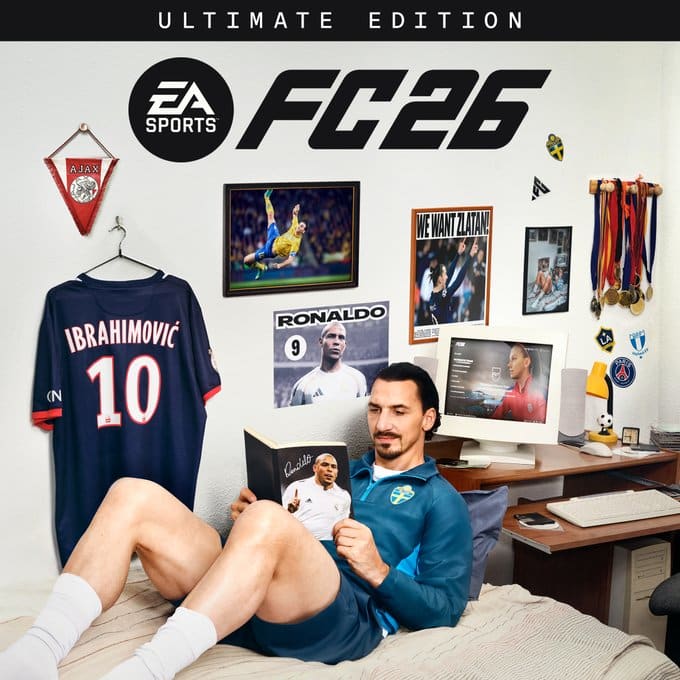



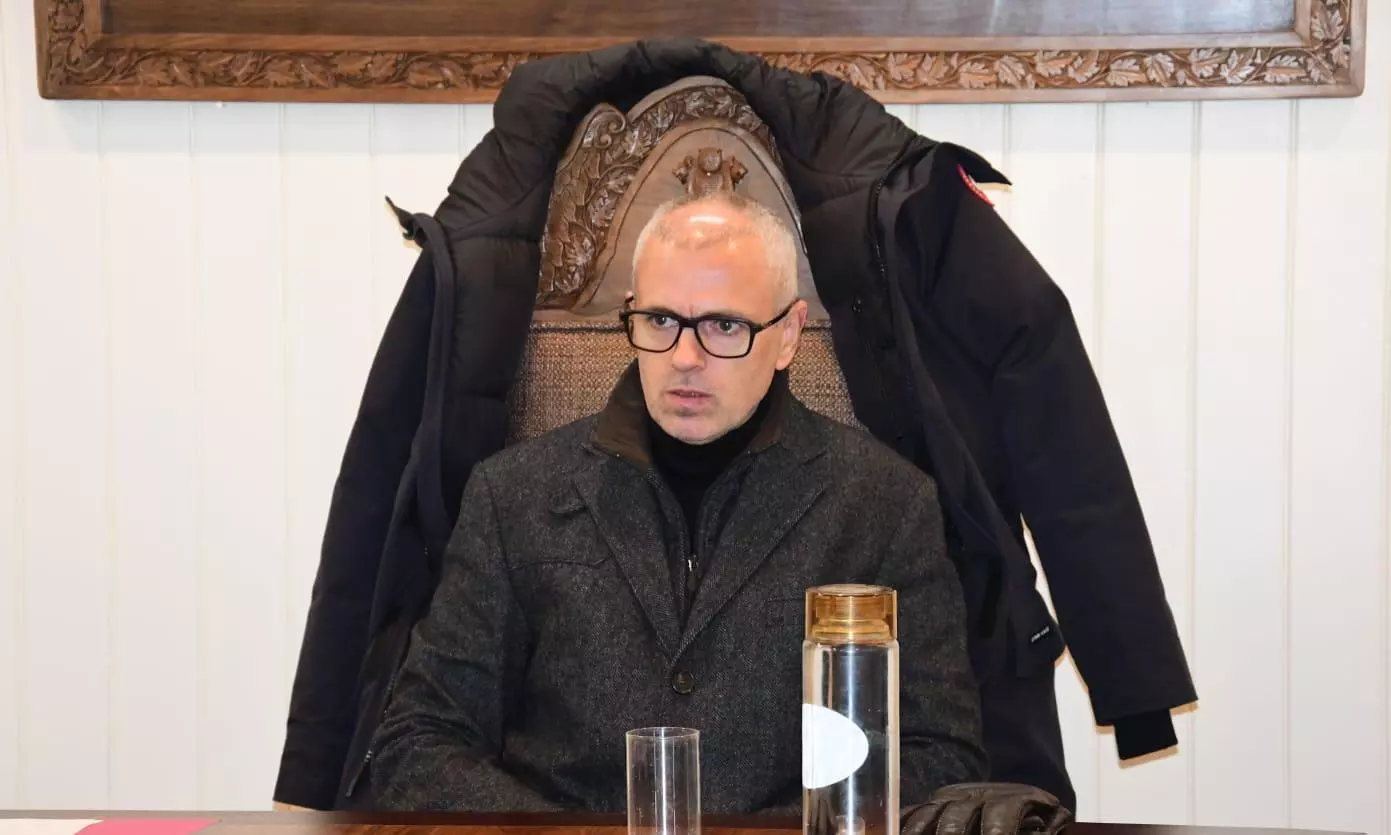

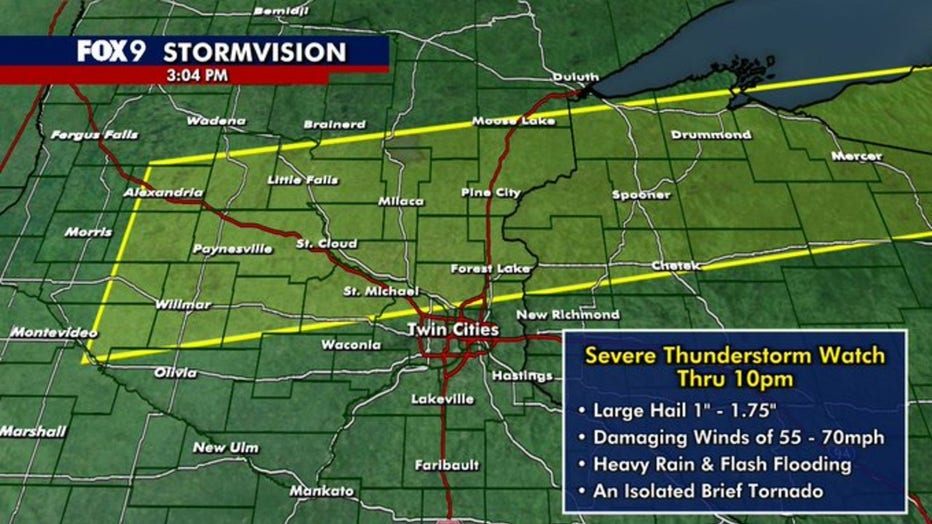
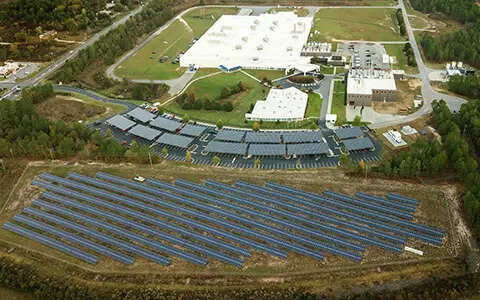

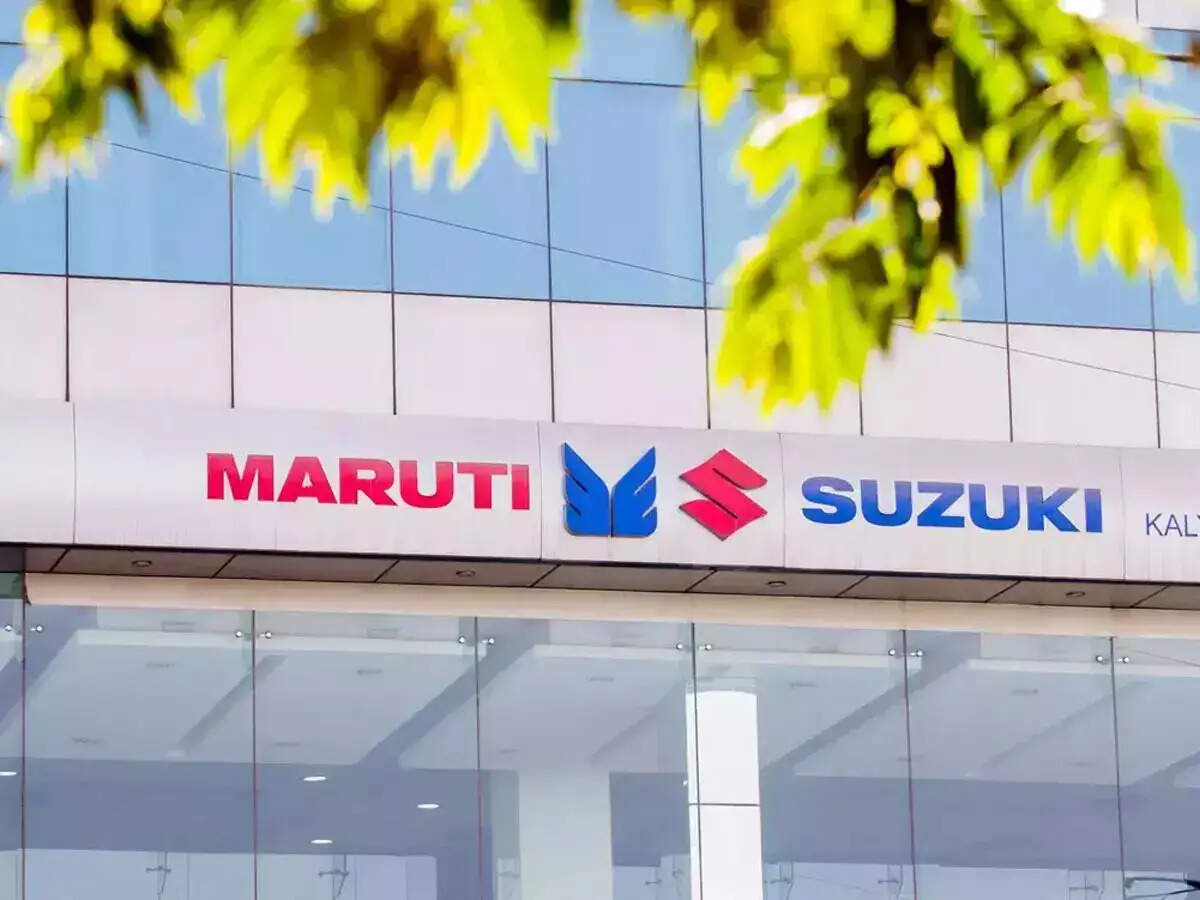




.jpg?w=700&c=0)















